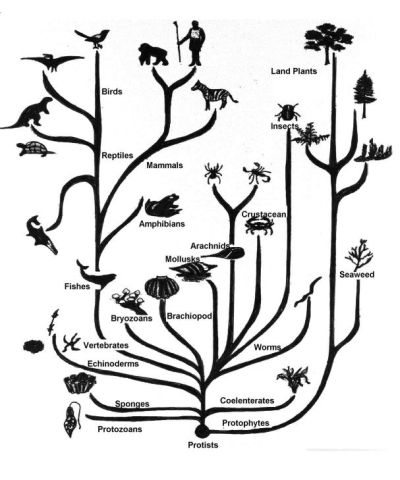The Drug War: The Success That Wasn't
The War on Drugs is an international program dedicated to the prohibition and eradication of drugs and (thus) drug usage. It was started by the Richard Nixon in 1971, and became a global activity.
The United States alone spends 50 billion USD (750 Trillion Rupiah) annualy in their commitment to the war on drugs, or six times of the Indonesian military spending. The war on drugs followed a simple premise: eradicate drugs, and drug usage will go down. Yet this premise failed to consider many arguments, such as the law of basic economics. Since drugs are inelastic, addicted people will buy it no matter the cost. Therefor, when we restrict the supply, the demand and price increase to a fantastic level - fantastic for cash-strapped thugs looking for a quick buck. Thus a new industry explodes: while big factories closes, house-made decentralized drugs production flourished, and after billions of taxpayer money, the supply of drugs increased. The government then try to restrict the distribution of materials needed to produce drugs. While house drugs industries did fell, in their place rose internationally organized cartels colluding with local goverments with better equipment, drug concentration, and production lines. Thus, after billions of money, the supply of drugs increased again while the drugs itself become way more dangerous. In fact, according to a study, the war on drugs has a efficiency rate in reducing supply of 1%. We cannot win this war on the supply side, nor is it a desirable thing to aim for. This program did claim a great moral highground, but any program that costs trillions of dollars while having an efficiency rate of 1% is a bad program.
This does not account the damages the war on drugs has done to the world. In Mexico, more people died to drug-related violence than civilians who died in Iraq and Afghanistan combined. United States housed the largest prison population in the world, in the number and proportion, the majority of which came from drug-related crimes. Indonesia risks international isolation by executing foreign civilians caught in a drug crime. All in the name of a failing policy hunting a target that isn't real. This phenomenon was not new, however; in 1920s, the United States enacted a prohibition of alcohols championed by moralists. The result was a rise of gang violence and beer-producing mafias - ever heard the names of Al Capone and friends? "Licquor" also become the norm - an unregulated alcohol product with an insane ratio of alcohol in it. Beers were legalized again in 1930's during the Great Depression - arguably the worst time to have an alcohol prohibition - but the effect lasts decades.
So is there any alternatives? In the late 20th century, Switzerland faced a looming heroin disaster. They even had "needle parks" - where hundreds of junkies lay in public parks, injecting heroin to their skin. Switzerland could have prohibited drugs, but instead they pursue another solution: harm reduction. By focusing on harm reduction, addicts were brought to care centers. They were given free heroin and clean syringes, psychological assistance, and given social support to continue their lives once they stopped using drugs. Today, drugs aren't prohibited (athough still discouraged), in fact you can easily buy cannabis products in the country. But the result if the policy was astounding: drug usage fell significantly, especially compared to the country that enacted drug prohibition, with hundreds of times efficiency and way, way less cost. The policy was subsequently tried in Portugal with a resounding success.
No one argue that drug is good or has any non-medical benefit. But there are a reason why most countries legalize alcohol and tobacco. If properly regulated, drugs aren't really that dangerous - western countries isn't facing societal collapse or economic misery due to regulated alcohol and tobacco. The fact is, if we really want to reduce drug usage, reconsider other alternatives - harm reduction and prevention - than wasting more money to catch an imaginary unicorn. If not, more people will die from drugs. Imagine that.
Sources: Wikipedia, Kursgesagt.
Langganan:
Postingan (Atom)
From Particles to Men: The Origin of Life
From Particles to Men: The Origin of Life 12,000 years ago, the first human structure rose on the hills of Gobekli Tepe, Turkey, and ...

-
Who's this special snowflake with internet access? Hi! My name is Zhillan Attarizal Rezyarifin, nicknamed Zhillan. I'm a 16 y/o fro...
-
On January 24th, SMAN 3 conducted the Edu-Passion event. Important people came, such as West Java Governor Ridwan Kamil and others,...
-
From Particles to Men: The Origin of Life 12,000 years ago, the first human structure rose on the hills of Gobekli Tepe, Turkey, and ...
